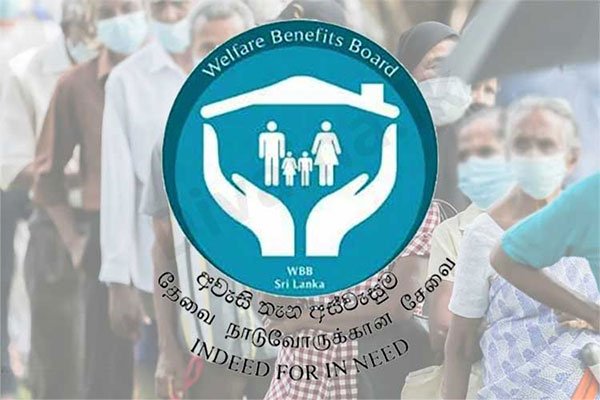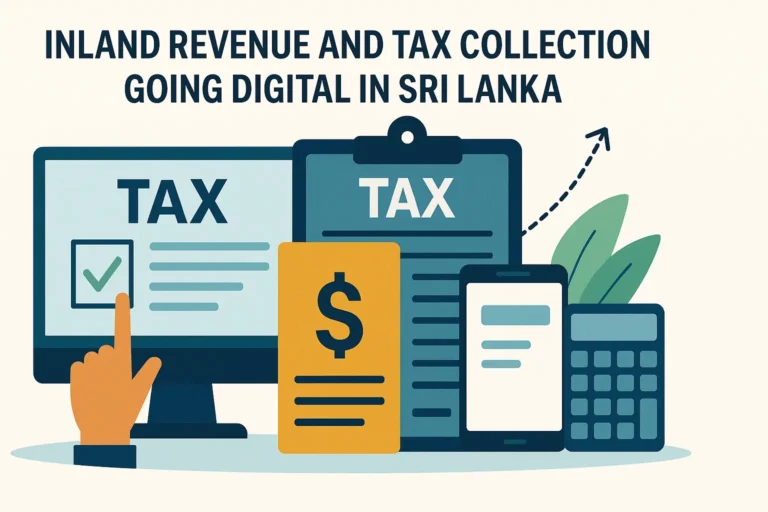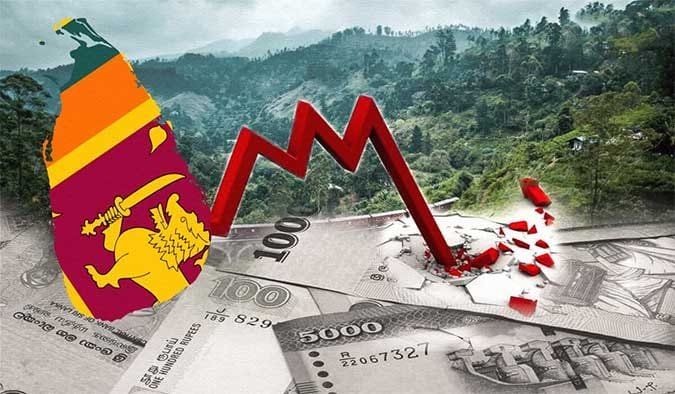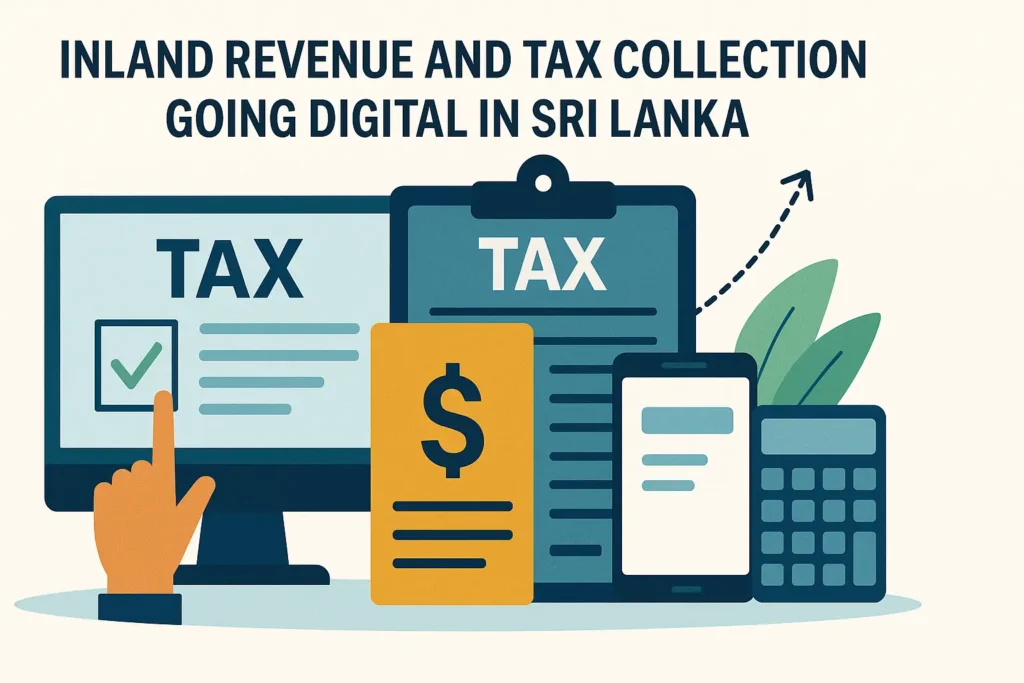On January 16, 2025, the Sri Lanka Economic Association (SLEA), in collaboration with the globally recognized think tank ODI Global, spearheaded a pivotal discussion at the University of Colombo. The focus was the launch of a critical publication titled “Sri Lanka: From Debt Default to Transformative Growth.” This gathering of minds aimed to dissect and understand the avenues through which Sri Lanka can transition from economic recovery to sustainable and inclusive growth.
The Essence of the Event
The University of Colombo served as the backdrop for an enriching dialogue involving economists, policymakers, scholars, development experts, and university students, all converging to deliberate on Sri Lanka’s economic horizon. The discussion was centered around a book that offers a practical roadmap out of the 2022 economic turmoil, towards a stable and prosperous future under the governance of President Dissanayake, who came into power following the 2024 elections.
The book, a scholarly work edited by Dr. Ganeshan Wignaraja, a Visiting Senior Fellow at ODI Global, and Prof. Dirk Willem te Velde, the director of ODI’s International Economic Development Group, comprises 14 essays by 24 eminent experts. It presents 27 actionable policy proposals designed to steer Sri Lanka toward impactful economic transformation.
Key Themes and Discussions

The panel discussion was vibrant and covered several strategic areas:
- Political Stability and Policy Consistency: The emphasis was on achieving cross-party consensus to maintain policy consistency and boost investor confidence.
- Trade and Market Competitiveness: Topics included enhancing trade openness and combating corruption to foster a more equitable market environment.
- Fiscal Responsibility and Debt Management: Ensuring debt sustainability and promoting fiscal prudence were highlighted as essentials for long-term economic stability.
- Economic Diplomacy and Investment: Discussions aimed at attracting investments and strengthening economic diplomacy to spur growth.
- Inclusive Growth: There was a strong focus on prioritizing social safety nets and economic freedoms to ensure the benefits of prosperity are widespread across all demographics.
Prof. Dirk Willem te Velde remarked on the resilience of Sri Lanka in navigating past economic challenges, noting that the insights from the book and discussions are instrumental in shaping a future that promises sustainable growth and inclusivity.
Impact on Young Professionals and Future Economic Directions
The engagement of young professionals and students was particularly notable, with the event serving as a platform for them to interact with leading experts and explore practical applications of theoretical economic concepts. Prof. Rev. W. Wimalaratana from the University of Colombo, who moderated the discussion, underscored the critical role of the younger generation in driving the nation’s economic future.
Conclusion: A Unified Vision for Growth
The success of the book launch and the ensuing panel discussion underscored the critical importance of collaborative efforts among academia, government, and the private sector in advancing Sri Lanka’s economic objectives. The event not only provided a deep dive into the economic strategies necessary for Sri Lanka’s growth but also energized participants to contribute actively to the country’s developmental narrative.
As Sri Lanka stands at a pivotal juncture, the insights and discussions from this event highlight a collective aspiration towards a resilient and thriving economic state. It’s a path that promises to transform challenges into stepping stones for prosperity, ensuring a robust economic future for all Sri Lankans.












